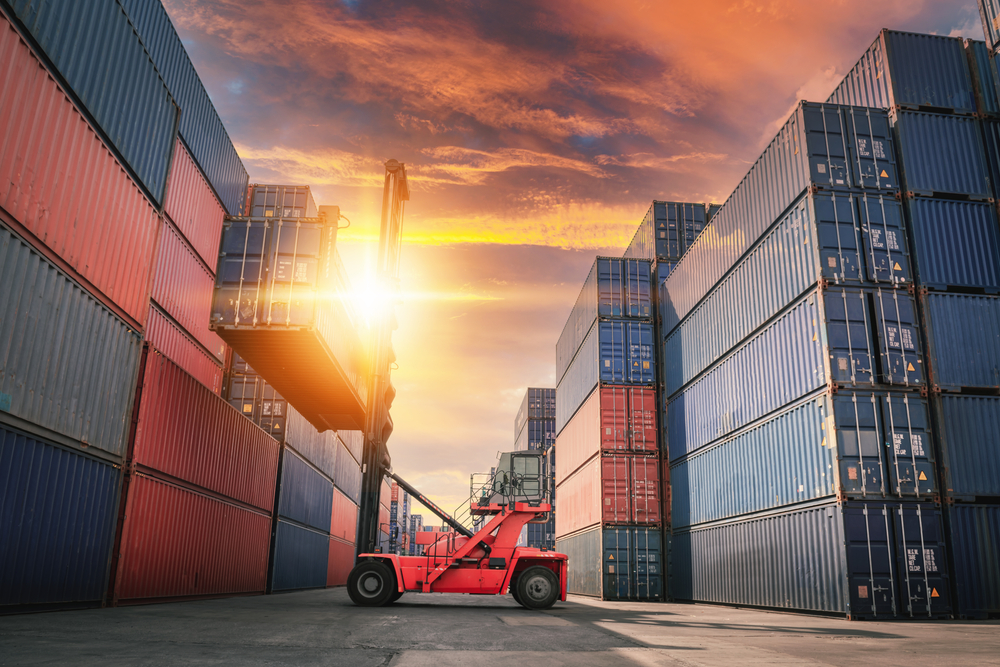Dubai has firmly established its position as a global hub for trade and transportation. With their strategic geography, advanced infrastructure, and world‑class free zones, the UAE emirates present incomparable opportunities for entrepreneurs. Whether you are setting up under Dubai Logistics City, joining the network of logistics companies in Dubai, targeting efficient warehousing in logistics companies in Jebel Ali Free Zone, or operating near the airport under logistics companies in DAFZA, here's your complete guide.
1. Choose Your Logistics Hub: Location Matters
Dubai highlights several premier zones ideal for logistics ventures:
- Dubai Logistics City (also known as Dubai World Central) was built with logistics in mind, featuring air‑sea‑land connectivity, bonded warehouses, and direct links to Al Maktoum Airport and Jebel Ali Port, making it a popular choice for logistics companies in Dubai looking for seamless cargo movement.
- Jebel Ali Free Zone (JAFZA) is home to thousands of global logistics companies and provides seamless access to the massive Jebel Ali Port. Logistics companies in Jebel Ali Free Zone benefit from its multimodal corridor and FDI (Foreign Direct Investment) potential.
- Dubai Airport Free Zone (DAFZA) sits close to Dubai International Airport (DXB). It's ideal for air freight, customs clearance, and re‑export operations, hosting over 2,000 firms in logistics and trade.
If you want 100% ownership, zero corporate tax, and easy export routes, free zones like DLC, JAFZA, and DAFZA are your go-to destinations. Mainland setup is also an option, especially if serving local UAE clients or bidding for government contracts.
2. Define Your Business Model & Activities
Clarify exactly what services your company will offer, since this determines licensing:
- Cargo transfer (air, sea, land)
- Warehousing and distribution
- Customs clearance
- 3PL (Third‑Party Logistics) supply‑chain management
- Last‑mile courier or e‑commerce fulfillment
- Cold‑chain or refrigerated transport
Once defined, choose between establishing a Limited Liability Company (LLC) on the mainland or aFree Zone Company (FZE or FZCO), often called “real FZE logistics” when set up under a free‑zone structure to secure full foreign ownership and other incentives.
3. Name Your Company, Get Initial Approvals
- Pick a unique trade name that meets the UAE naming rules.
- Submit for initial approval with either the Department of Economy & Tourism (DED) for the mainland or the Free Zone Authority (JAFZA, DAFZA, or DLC) for free‑zone entities.
4. Apply for Licenses & Permits
Essential licenses include:
- Trade License (through DED or your free‑zone authority)
- Customs Clearance License (for freight forwarding)
- Transport License (if operating vehicles via RTA)
- Warehouse License (if you plan to store goods)
Depending on your services, you may also need:
- Health, environmental, and premises permits
- Approvals from RTA, Dubai Civil Aviation Authority or Maritime City Authority for certain transport activities
Based on the type and location, license fees usually range from AED 12,000 to 25,000. Customs licenses may cost AED 5,000 to 10,000, while transport licenses may cost AED 10,000 to 20,000.
5. Select & Lease Premises or Warehouse Space
- Free‑zone hubs offer ready‑built warehouses, bonded yards, and logistics parks. DAFZA and DLC provide integrated warehousing, while JAFZA offers large plots or ready units near the port.
- Mainland setups must lease commercial‑zoned offices (via Ejari) and may require separate warehouse or depot permits.
Costs can vary widely; a virtual desk starts around AED 10,000/year, while a fit-out and full logistics premises can run significantly higher.
6. Open a Business Bank Account & Sponsor Visas
- Use your license, lease agreement, and shareholder documents to open a UAE corporate account.
- Apply for investor visas and employment visas for staff. All employees must pass medical screening and receive Emirates IDs. Drivers require commercial RTA‑issued UAE driving licenses.
7. Hire Staff and Invest in Tech & Fleet
- Hire logistics professionals like warehouse operators, drivers, freight forwarders, and operations staff.
- Provide training on safety, customs rules, and compliance.
- Invest in Transport Management Systems (TMS), Warehouse Management Systems (WMS), GPS tracking, and other tech to streamline processes and improve service quality.
If transport is part of your offering, register vehicles with RTA, insure them, and maintain regular inspections.
8. Launch Your Brand & Market Your Services
- Build a professional website listing your logistics offerings and zones (e.g., JAFZA, DAFZA, Dubai Logistics City).
- List on business directories, B2B portals, and trade platforms.
- Run targeted digital ads aimed at importers/exporters and e‑commerce firms.
- Network through trade bodies such as DCCI or BNI.
- Offer trial bundles or discounted freight rates to build your initial customer base.
9. Sustain Compliance & Scale
- To prevent fines or shutdowns, regularly review that the company is following the labor, environmental, safety, and customs laws.
- Take up sustainable logistics practices such as eco‑friendly packaging, fuel‑efficient routing, and EV vehicles where available.
-
Over time, expand your geographic reach by opening branch offices or partnering with mainland companies if you’re in a free zone.
Why Dubai Remains a Logistics Powerhouse
- Strategic infrastructure: Jebel Ali Port (one of the world’s busiest), Al Maktoum and DXB airports, plus an expanding rail network create unmatched connectivity.
- Government support: streamlined licensing, minimal bureaucracy, and strong free‑zone frameworks such as JAFZA, DAFZA, and DLC drive success.
- Tax-friendly climate: no personal or corporate income tax, plus zero customs duties on many free‑zone operations.
With the right combination of location (Dubai Logistics City, JAFZA, or DAFZA), licensing, tech, team, and marketing, entering the Dubai logistics market becomes a highly achievable and profitable venture.
 Request A Quote
Request A Quote
 Let's Talk
Let's Talk
 Mail Us
Mail Us
 WhatsApp
WhatsApp
